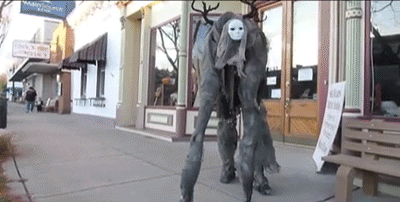- Make an entire meal for your family: Plan it, make it, clean up afterwards. If you already do this, try something new.
- Take a walk around your neighborhood and see how many different types of trees you can recognize.
- Press some flowers--just put them under something heavy, or between the pages of a thick book, and wait
- Make a fairy garden without buying anything:
- Try to take an unusual picture every day for a week. Or two weeks. A month?
- Or, take tons of pictures all summer and then make an album or collage right before school starts-there are photo apps with a collage feature. Share with friends you haven't seen since the end of this school year.
- Fly a kite
- Visit your library. Get a library card if you don't already have one.
- While at the library, find a book that has an interesting title or whose author has an odd name. Read it. Did you like it, or not? Why?
- Re-read something you liked a while ago. Or exchange favorites with a friend.
- Built a blanket fort, or a cushion fort. Maybe build one outside.
- Clean your room. Put up some cool decorations you make yourself. It will shock your parents.
- Think up a great Halloween costume: you have lots of time--but how awesome would it be if it was all ready?!!
- Dance.
- Learn origami. http://www.origami-instructions.com/simple-origami.html
- Try your hand at making paper. https://www.thoughtco.com/how-to-make-handmade-paper-604163
- Measure the rainfall in a rain gauge all summer. Keep track of how much rain we get in total from the last day of school until September 1.
- Write something on the sidewalk with chalk, to brighten someone's day.
- Look for minnows in a lake. Watch how they behave.
- How many rainbows will you see this summer? Try to get a picture of each. They fade fast.
- Go to a free outdoor concert--Look for free concerts available by looking up your city website.
- Give someone a smile.
- Open a door for someone
- Before the end of the school year, say thank you to a custodian for keeping your school in order.
- Pull some weeds
- Put something away even if you didn't get it out
- Pick a flower from your yard, put it in a vase, set it out to enjoy
- Leave a dollar somewhere for someone to find
- Call your grandparent just to talk for a while
- Buy lemonade from a kid's lemonade stand
- Go up to someone shy in a gathering and start a conversation.
- Sit quietly with someone having a hard time
- Share a snack with someone
- Post something positive on Facebook
.



























